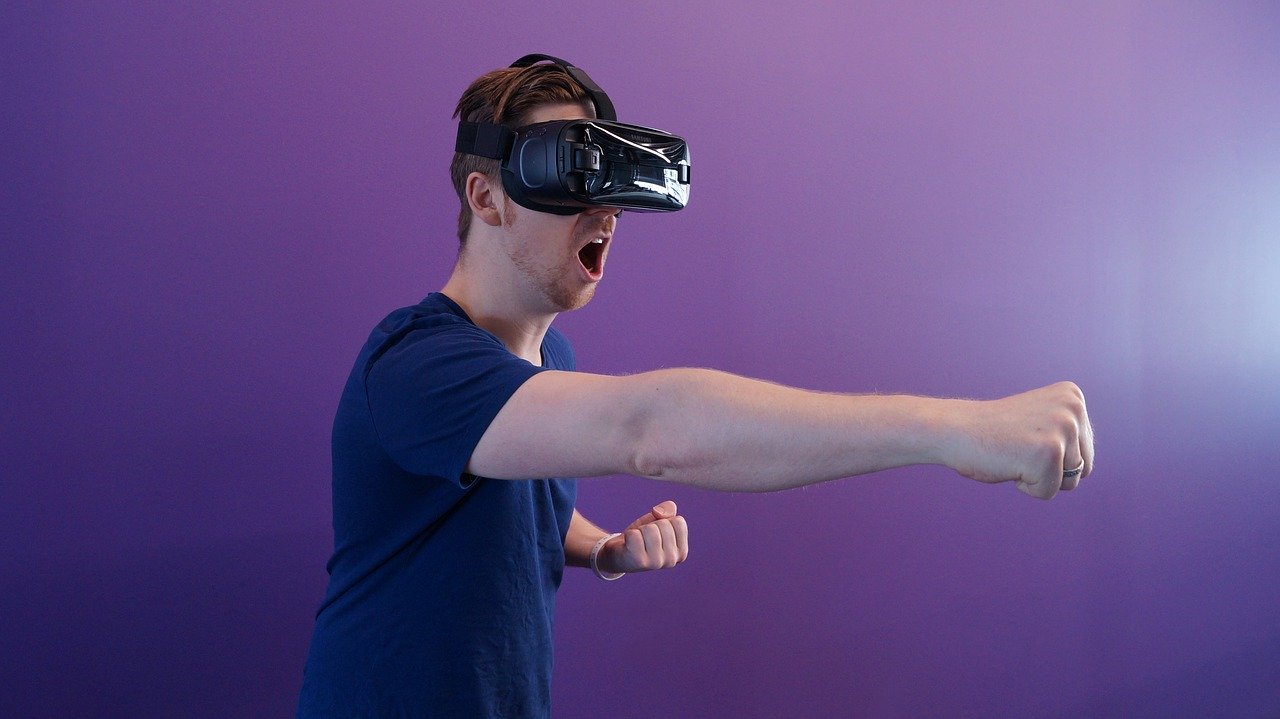In December 2018 researchers from The Netherlands published the results of their study to identify factors in the home environment that are associated with levels of fire retardant chemicals in … Read more
Mental health issues in adolescence are linked to compliance to lifestyle recommendations in childhood, with a greater compliance to recommendations for diet, physical activity, sleep, and sedentary behaviour leading to fewer mental health issues
In May 2019 researchers from Canada published the results of their study to assess the association between meeting established recommendations for diet, physical activity, sleep, and sedentary behavior in childhood … Read more
Reduced physical activity with a greater sedentary lifestyle appears to increase the risk of ear, nose and throat medical conditions in children and adolescents
In February 2020 researchers from Poland published the results of their study to assess the association between physical activity with the development of ear, nose and throat medical conditions. Information … Read more
Active video games, undertaken for several weeks, can provide similar or greater improvements in exercise capacity and other outcomes, as well as being more enjoyable, than traditional exercise in individuals with respiratory conditions
In February 2019 researchers from Australia published their review of the medical scientific literature to assess the effectiveness of active video games on clinical outcome measures, as well as adherence … Read more
Active video games may be effective at improving measures of mobility and balance in older people when used either on their own or as part of an exercise programme
In April 2018 researchers from New Zealand and The Netherlands published their review of the medical scientific literature to assess whether active video games could improve measures of physical performance … Read more
Active video games or exergaming may be an effective tool to improve physical activty in adolescents that is more acceptable and sustainable than many conventional approaches
In January 2020 researchers from the USA published their review of the medical scientific literature to assess whether active video games or exergaming could be an effective intervention to improve … Read more
Lack of exercise and drinking carbonated drinks/soda increase the risk of obesity in both male and female adolescents
In February 2020 researchers from the USA published the results of their study to assess how obesity and trying to lose weight are associated with: (1) up to 5 physically … Read more
The Xbox-Kinect could potentially be incorporated into a rehabilitation programme to help improve whole-body movement and physical activity of individuals with chronic stroke
In December 2018 researchers from Israel published the results of their study to assess whether the Microsoft Xbox with the 3D Kinect sensor may be suitable for encouraging and practicing … Read more
There appears to be a significant association between increased screen viewing time and reduced sleep duration in young children, with the association being stronger in those aged 6 months and below
In January 2019 researchers from Singapore, USA and Germany published the results of their study to assess the association between screen viewing time and sleep duration in children aged 2 … Read more
Children who spend more time watching television appear to achieve a lower skill level in language, whilst adolescents who spend a longer time watching television or playing video games tend to achieve a lower overall academic performance
In September 2019 researchers from Spain, Paraguay and Chile published their review of the medical scientific literature to assess the association between screen media use and academic performance in children … Read more
Adherence to walking 10,000 steps per day is low but may still be associated with improved glycaemic control in individuals with diabetes type 2
In February 2018 researchers from Nigeria published the results of their study to assess the effect of walking 10,000 steps per day on the glycaemic control of individuals with diabetes … Read more
The healthy eating community on Instagram appear to have a higher incidence of orthorexia nervosa symptoms
In June 2017 researchers from the UK published the results of their study to assess the links between social media use, in particular Instagram, and symptoms of orthorexia nervosa (an … Read more
Frequent exposure to the light spectrum produced by flashes when taking selfies may cause skin damage and increase the rate of skin aging
In December 2018 researchers from Iran published their review on whether light from smartphones and light produced when taking selfies can cause premature aging and wrinkles. As a result of … Read more
Outdoor activity reduces the risk of childhood near/short sightedness
In May 2019 researchers from the USA published their review on the cause of near/short sightedness in childhood. Today’s popular press is filled with reports of children’s digital device use … Read more
Individuals who use mobile phones extensively appear to experience headaches slightly more frequently – but not if Global System for Mobile Telecommunications technology is being used
In July 2019 researchers from Finland, Sweden, UK, France, The Netherlands and Denmark published the results of their study to assess the association between amount of mobile phone use and … Read more
Researchers call for governments, public health authorities and healthcare professionals to warn the population that having a mobile phone next to their body is harmful and to support measures to reduce all exposures to radiofrequency electromagnetic radiation
In August 2019 researchers from Canada, USA, Sweden and Australia published their review on the risks to health and well-being from radiofrequency electromagnetic radiation from mobile phones and other wireless … Read more
Radiofrequency electromagnetic radiation, such as that produced by mobile phone technology, may have an adverse effect on behaviour
In August 2019 researchers from the United Arab Emirates, Saudi Arabia, Finland and India published their review on the effects of radiofrequency electromagnetic radiation on the brain and behaviour. The … Read more
Radiofrequency electromagnetic radiation, from sources such as mobile phones and base stations, has been classified by the International Agency for Research on Cancer as a possible human carcinogen despite study results not being consistent
In March 2019 researchers from Poland published their review on the mobile phone radiation and its effect on health. The researchers stated that exposure to radiofrequency electromagnetic radiation, from sources … Read more
A 30-minute exposure to mobile phone radiation appears to have a significant effect on cognition, especially in individuals with epilepsy
In March 2019 researchers from Egypt published the results of their study to assess the effect of mobile phone radiation on cognition in individuals with epilepsy. A total of 30 … Read more
Depending on the breathing rate, mobile phone use may affect heart rate variability
In October 2018 researchers from Hungary published the results of their study to assess heart rate during short-term 1,800MHz GSM mobile phone exposure. A total of 20 healthy individuals were … Read more




















